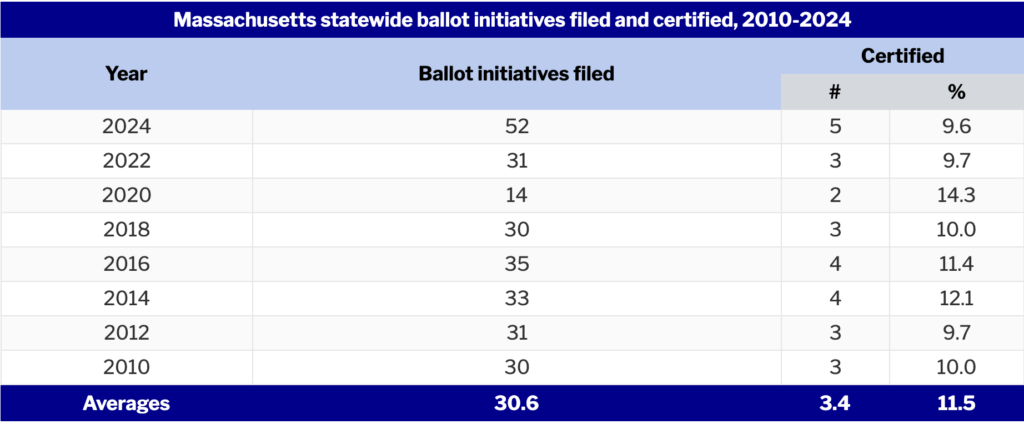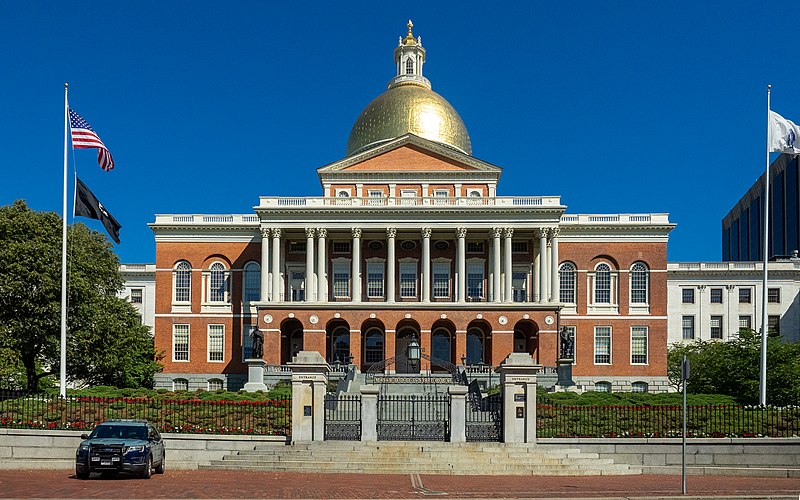A signature challenge to the minimum wage for tipped workers initiative filed by the Massachusetts Restaurant Association was withdrawn on July 17. The challenge delayed the initiative’s certification, but upon its withdrawal, the secretary of state certified the measure. The initiative would gradually increase the minimum wage for tipped employees according to the following schedule:
- 64% of the state minimum wage on January 1, 2025;
- 73% of the state minimum wage on January 1, 2026;
- 82% of the state minimum wage on January 1, 2027;
- 91% of the state minimum wage on January 1, 2028; and
- 100% of the state minimum wage on January 1, 2029.
Tipped employees would be paid the state minimum wage in addition to tips received.
The minimum wage for tipped employees in Massachusetts was $6.75 in addition to tips, and the minimum wage for non-tipped employees was $15.00.
One Fair Wage Plus Tips MA is leading the campaign in support of the initiative. The campaign said, “Thousands of tipped workers in Massachusetts are leaving the restaurant industry and are not willing to return without One Fair Wage, and nearly 250 Massachusetts employers are now paying One Fair Wage to recruit staff and seek a level playing field—the time to pass One Fair Wage is now."
Committee to Protect Tips is leading the campaign in opposition to the initiative. Steve Clark, president and CEO of the Massachusetts Restaurant Association, said, “If this ballot question passes, it's going to impact three piers. It's going to impact the server themselves, who's going to make less money. It's going to impact the restaurant owner, who's going to have higher costs upwards of $18,000 dollars per tip employee to implement this, and it's going to have a higher cost for the consumer because there's going to be higher costs.”
In 2022, Washington, D.C. adopted a similar initiative that increased the tipped minimum wage from $5.35 in 2022 to match the minimum wage of non-tipped employees in 2027. It was approved with 73.94% of the vote.
Minimum wage-related initiatives have also been certified for the ballot in Alaska, Arizona, and California.
The initiative is the fifth citizen initiative to qualify for the Massachusetts ballot, which is the most in at least the last seven election cycles. Between 2010 and 2022, an average of 29 ballot initiatives were filed each cycle with an average of three ultimately certified for the ballot. In 2024, 52 ballot initiatives were filed.

The other four initiatives address repealing standardized testing requirements to graduate high school; auditing the state legislature; unionizing and collective bargaining for transportation network drivers; and providing regulated access to certain psychedelic substances.
Additional reading:



